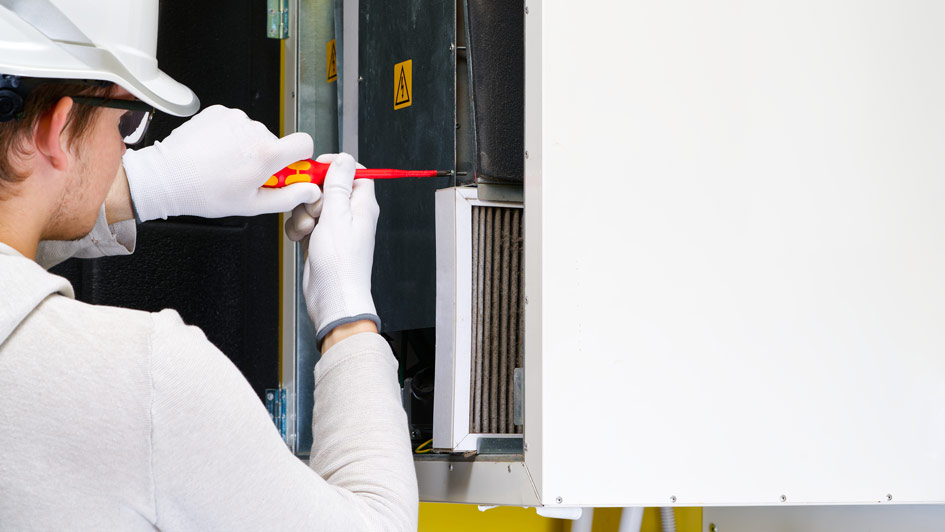
Your HVAC system is a silent workhorse, diligently maintaining indoor comfort year-round. Just as a well-tuned engine ensures a smooth ride, proper maintenance is the key to extending the life of your AC system. In this blog post, we’ll delve into the practical aspects of HVAC maintenance, outlining essential steps that homeowners can take to preserve the longevity and efficiency of their air conditioning systems.
Regular Air Filter Replacements
Air filters are the unsung heroes of your HVAC system, trapping dust, allergens, and pollutants. Regularly replacing these filters is a simple yet effective maintenance task that prevents clogs, ensures optimal airflow, and reduces strain on your system’s components.
Condenser Coil Cleaning
The condenser coils, located in the outdoor unit, play a crucial role in dissipating heat. Over time, these coils accumulate dirt and debris, hindering their efficiency. Routine cleaning, especially before the cooling season, enhances heat exchange and helps your AC system operate at peak performance.
Proper Refrigerant Levels
Refrigerant is the lifeblood of your air conditioning system, facilitating the cooling process. Maintaining proper refrigerant levels is essential for efficient operation. Periodic checks and adjustments by a qualified technician ensure that your system has the right amount of refrigerant, preventing strain on the compressor.
Ensuring Adequate Insulation
Proper insulation is key to efficient cooling. Check and repair any damaged or inadequate insulation around refrigerant lines. Well-insulated lines prevent energy loss, maintain consistent cooling performance, and contribute to the overall efficiency of your AC system.
Thermostat Calibration
A properly calibrated thermostat ensures accurate temperature readings and efficient operation. Regularly check and calibrate your thermostat to avoid unnecessary strain on your system. Programmable thermostats, in particular, allow for precise temperature control, optimizing comfort and energy usage.
Regular Ductwork Inspections
The condition of your ductwork directly impacts the efficiency of your HVAC system. Periodic inspections help identify and address issues such as leaks, blockages, or inadequate insulation. Well-maintained ducts contribute to consistent airflow, reducing the workload on your AC unit.
Scheduled Professional Inspections
While some maintenance tasks can be handled by homeowners, scheduling professional inspections is essential for a comprehensive assessment. HVAC technicians can identify and address issues that may not be apparent to the untrained eye, ensuring that your system is in top-notch condition.
Addressing Wear and Tear Promptly
All mechanical systems experience wear and tear over time. Promptly addressing issues, whether it’s a worn-out fan belt or a malfunctioning capacitor, prevents minor problems from escalating into major malfunctions. Regular maintenance checks help catch and resolve these issues early.
Investing in Smart Technology
Smart HVAC technology, such as programmable thermostats and diagnostic sensors, can enhance the efficiency and lifespan of your system. These innovations provide real-time insights, allowing for proactive maintenance and personalized control over your indoor environment.
Implementing Seasonal Checklists
Develop seasonal checklists that align with the specific demands of your HVAC system. For example, focus on insulation and thermostat calibration before the cooling season, and shift attention to the furnace and indoor air quality before the heating season. Seasonal checklists ensure a holistic approach to maintenance.
Conclusion
Proper maintenance is the cornerstone of a long and efficient life for your HVAC system. By incorporating these practical steps into your routine, you not only preserve the lifespan of your air conditioning system but also enjoy consistent comfort and energy savings. Remember, the investment in regular maintenance pays off in the form of a reliable, high-performing HVAC system that stands the test of time.